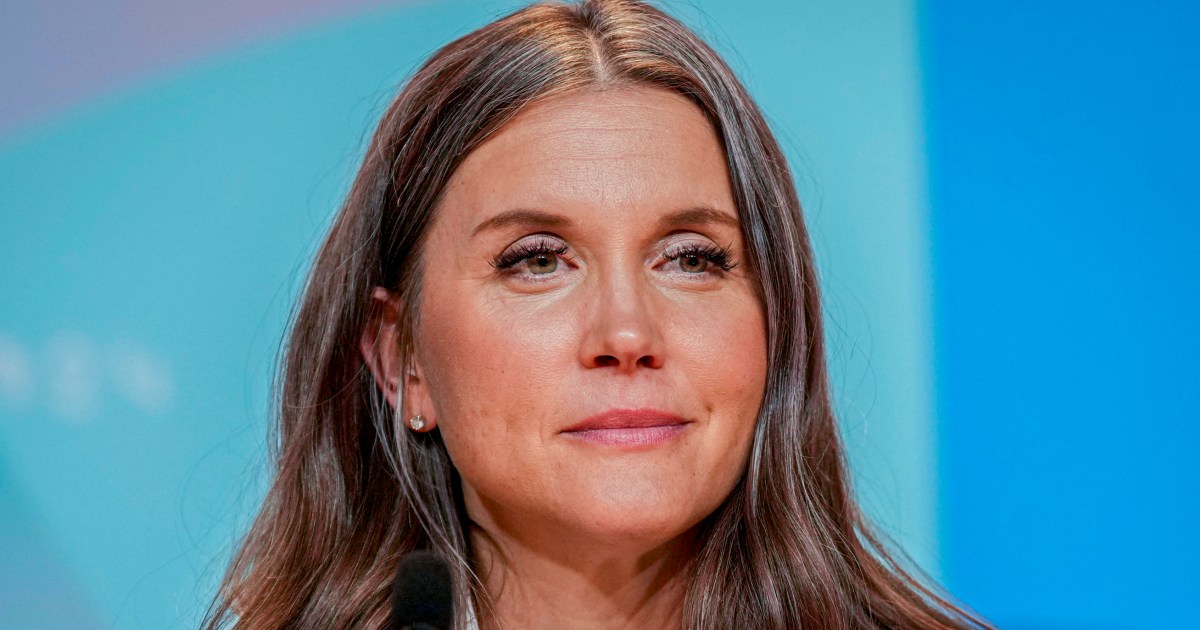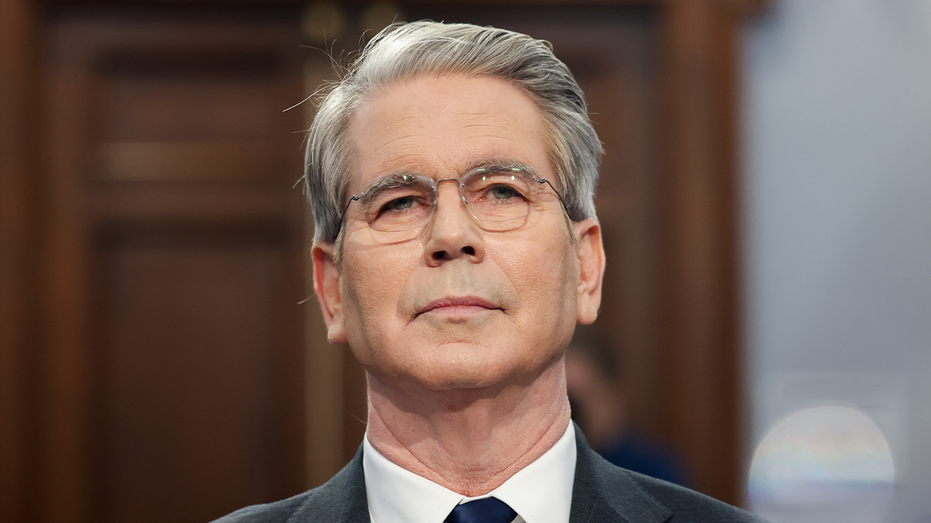Alberta has tabled its controversial compassionate intervention legislation that if passed would allow the province to move forward with its plan to place individuals into involuntary addiction treatment. Bill 53 — the Compassionate Intervention Act — was a 2023 election promise. The proposed legislation would allow for both adults and youth to be placed into involuntary addiction treatment if they are deemed to likely cause significant harm to themselves or others due to their addiction or substance use.
Mental Health and Addiction Minister Dan Williams said at a press conference on Tuesday the legislation has been underdevelopment for some time because the province wants to “get it right.” He added the treatment would be for those who have for example, overdosed dozens of times and are deemed some of the most “extreme” cases. “The Compassionate Intervention Act is not sweeping legislation that applies to every person who’s dealing with addiction or substance use.

It is only for the most serious cases where all other options have failed,” Williams said. Application, assessment, involuntary treatment The legislation would allow family members, guardians, heath care professionals, peace officers and police officers to submit an application for an individual to be considered for involuntary treatment. A lawyer, who will be a member of a newly established commission — an independent, quasi-judicial body — alongside physicians and members of the public, will review accepted applications.
If the lawyer determines the individual meets the criteria for an up to 72-hour assessment, police will be called to apprehend and transport the patient to the compassionate intervention centre. Following the assessment, information gathered will then pass to a three-person commission panel consisting of a lawyer, physician and member of the public to determine if the patient is eligible for care. If so a care plan is issued.
If not, the patient is discharged with other supports. The province has previously committed $180 million to construct the Northern and Southern Alberta Compassionate Intervention Centres, each with 150 adult patient beds. Construction is slated for 2026 to be completed in 2029.
Youths will receive treatment in separate centres including the Northern Alberta Youth Recovery Centre and existing safe houses for the Protection of Children Abusing Drugs Act (PChAD). There will be a total of 105 beds for youths. In the fall PChAD, a maximum 15-day court-approved detox program for youth, will be repealed when the Compassionate Intervention Act is implemented.
There will be two types of treatment plans — a secure care plan where a patient will remain in a compassionate intervention centre for three months and a community-based care plan where individuals can receive treatment in a community-based setting for up to six months. Patients who have completed the treatment will have a discharge plan. Williams said it is a “health care process” and there is no limit to how many times an individual can be admitted.
Concerns surrounding rights and fairness Enoch Cree Nation Chief Cody Thomas said the legislation will be met with questions, noting “real” concerns about rights, fairness and long-term success of involuntary care. “While no single law or program may solve the opioid crisis, I do believe doing nothing is no longer an option,” Thomas said. “What gives me some hope is the government’s recognition that any new approach must include First Nation voices, First Nation ways of knowing, and the First Nations-led care.
That’s not a nice-to-have. It’s a must-have.” Officials said there is a provision in the legislation that would explicitly empower and enable First Nation communities to take on any aspect of the framework and deliver those services.
Alberta NDP mental health and addiction critic Janet Eremenko said there is little evidence that shows “forced treatment” works and said in some cases it might have a negative outcome. “What I think is incredibly important to communicate here is that forced treatment is a culmination of a failed drug policy from the UCP,” Eremenko said. “Let’s make sure that we have exhausted all of these other options in our toolbox before we start going down this path of forced treatment.
” Patients cannot refuse medication There will be three treatments a patient cannot refuse under the legislation including taking medication to treat their addiction or substance use, receive clinical advice and be observed, monitored and assessed by the treatment team. Officials said any individual brought to a facility for an assessment will be informed of their rights and will have immediate access to a lawyer. They said there is an immediate opportunity for individuals to appeal if there are concerns in any step of the process.
A three-person commission appeal panel must meet within seven days of the appeal being filed and there will be a treatment review every six weeks. Williams said if the legislature and the court disagrees on the legality of the legislation, the province will address it as it comes, but said the bill is ultimately about getting people into treatment. “We believe that this is balanced, that this is thoughtful,” Williams said.
‘No data to confirm it would not work’ Officials said when developing the legislation, the province gathered insight across the globe. The province pointed to jurisdictions like Portugal, Massachusetts, Norway and Washington State that have some form of mandatory addiction treatment. It said while policies across the world were a good starting point, no other jurisdiction does what Alberta will.
Alberta Premier Danielle Smith said the province has explored a number of avenues to tackle addiction including the Virtual Opioid Dependency Program. “You won’t know if something works until you try it and you won’t know what your success rate is until you try it,” Smith said. Dr.
Rob Tanguay with Recovery Alberta said not intervening will not lead to any benefit. “Intervening in our most unwell, vulnerable and most suffering individuals is really the only way to do it,” Tanguay said. “The data does not say that it will not work.
There is no data that would confirm that it would not work.” [email protected] @kccindytran RelatedOpinion: Compassionate Intervention Act will do more harm than goodCompassionate intervention legislation and treatment remain at heart of Alberta's plan to battle addictions: Mandate letter Bookmark our website and support our journalism: Don’t miss the news you need to know —add EdmontonJournal.
com and EdmontonSun.com to your bookmarks and sign up for our newsletters . You can also support our journalism by becoming a digital subscriber.
Subscribers gain unlimited access to The Edmonton Journal, Edmonton Sun, National Post and 13 other Canadian news sites. The Edmonton Journal | The Edmonton Sun.
Politics

Alberta seeks to implement involuntary treatment, patients will be unable to refuse certain treatments
















